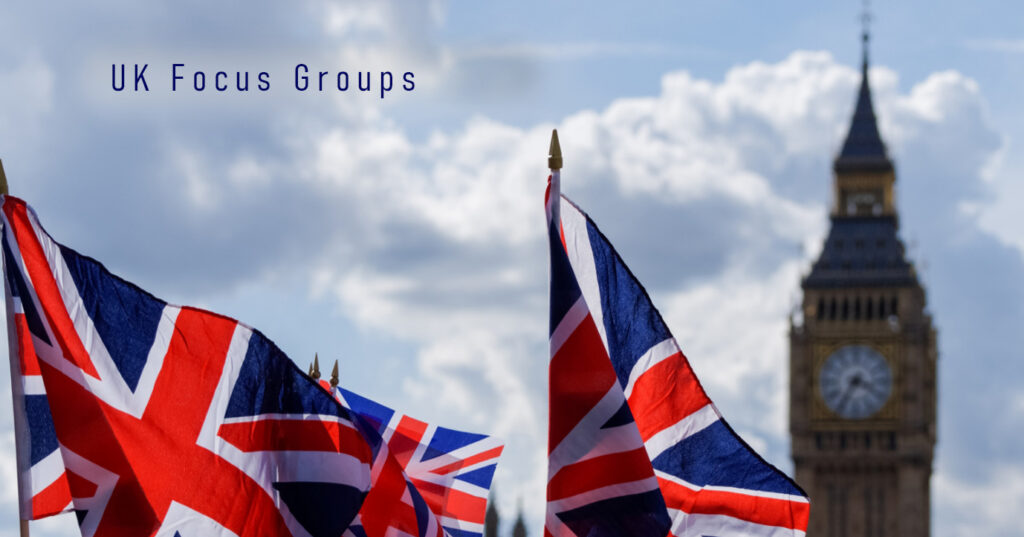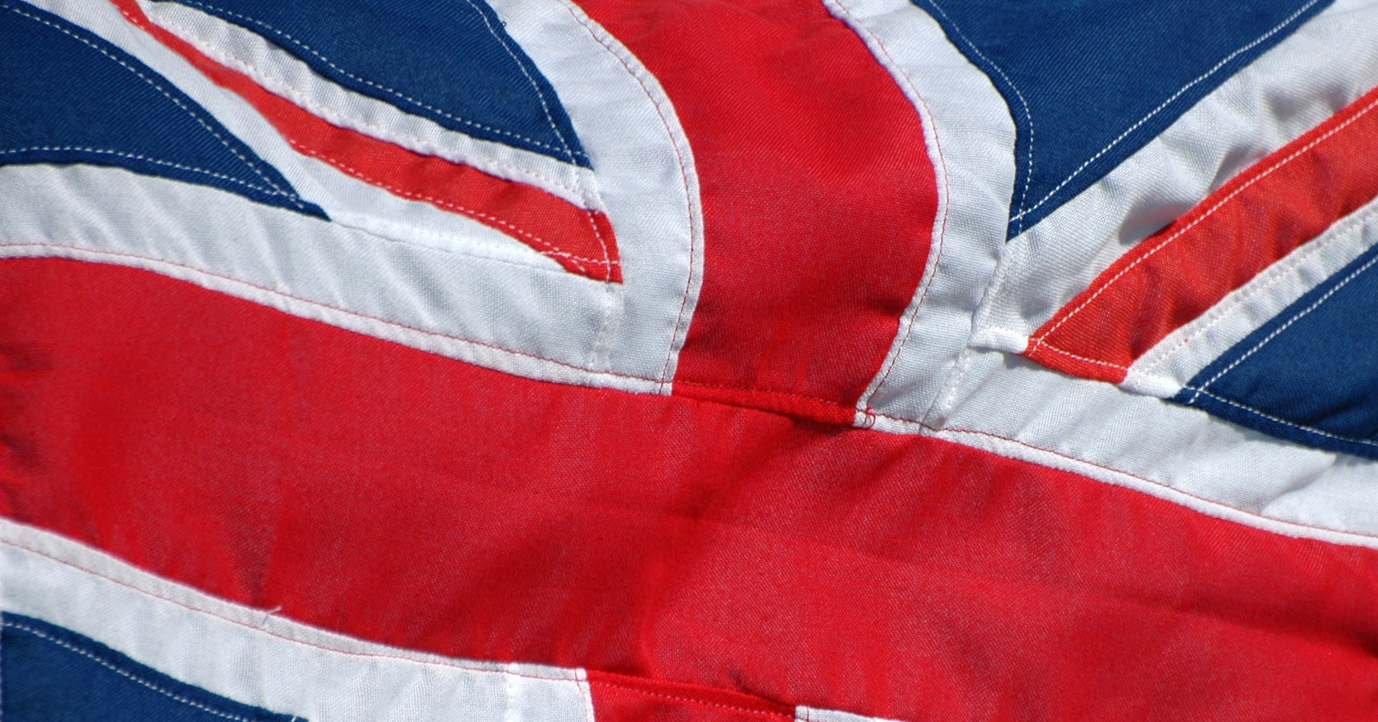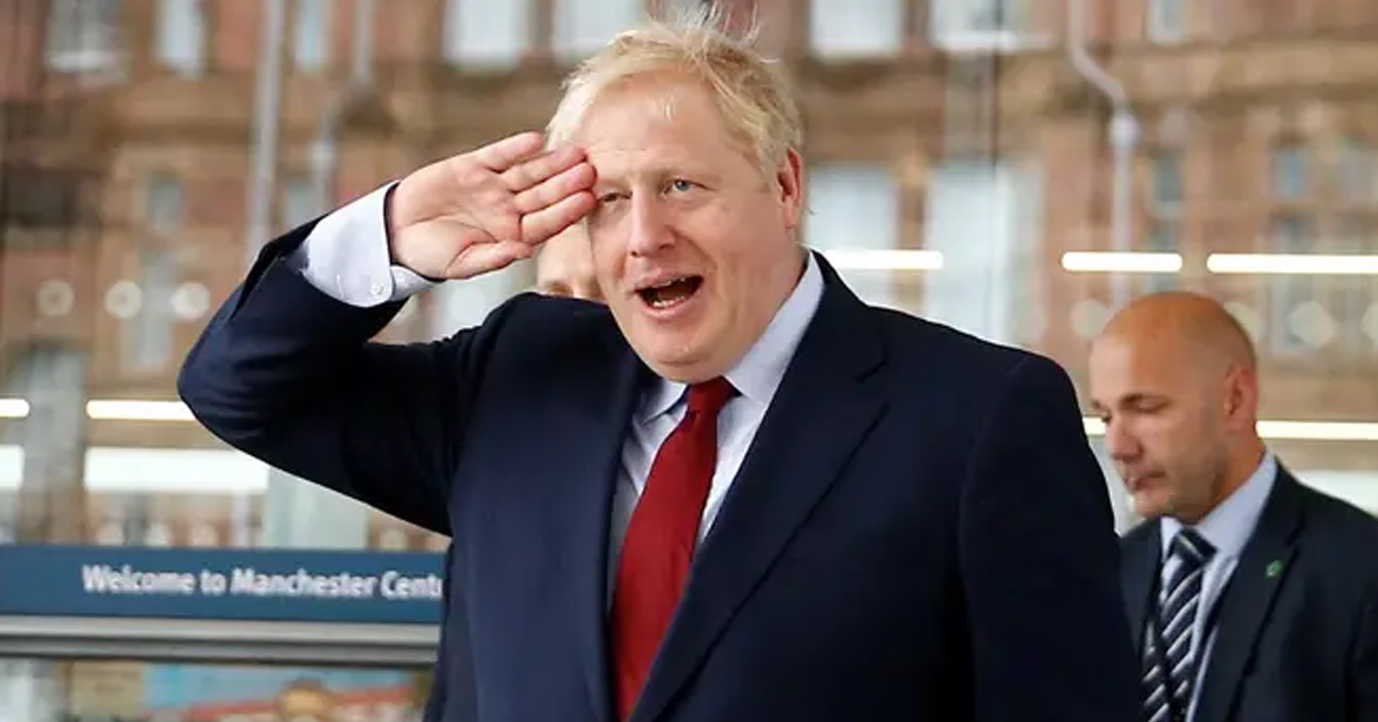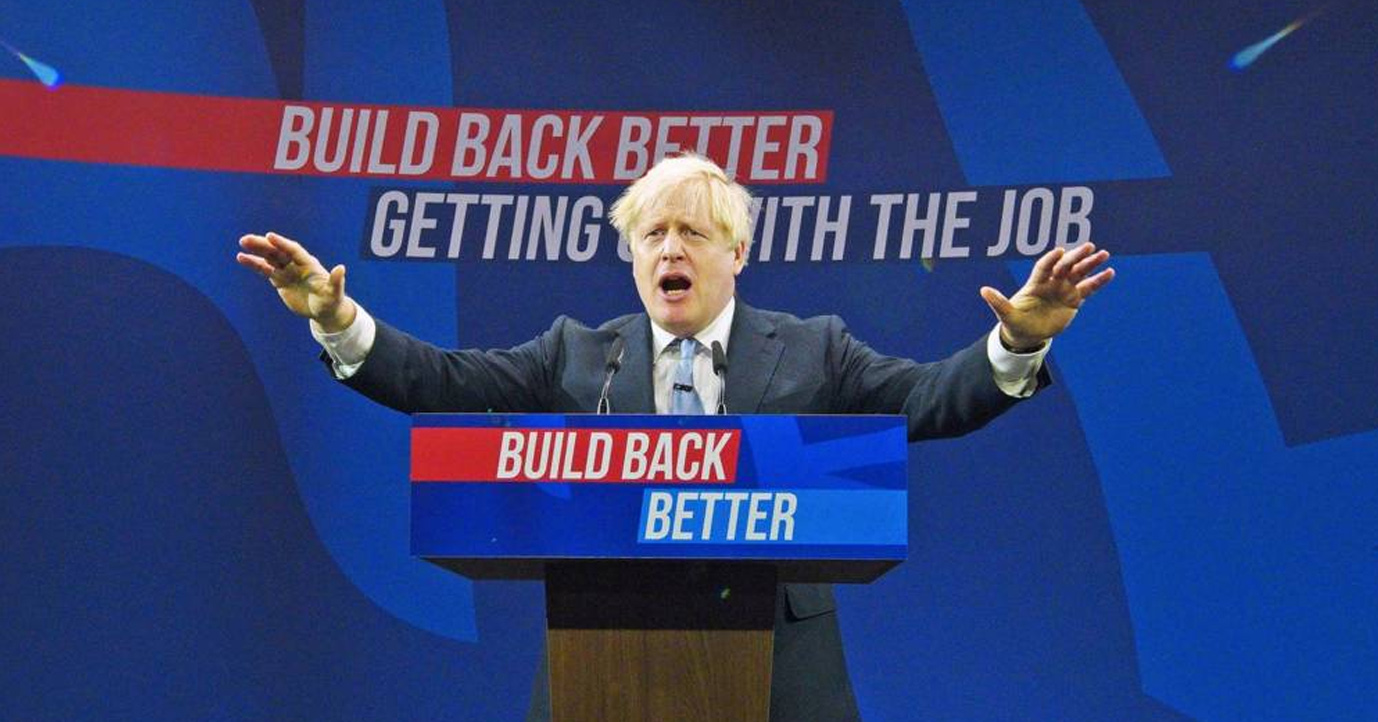
With eight weeks to go, the latest round of Lord Ashcroft Polls focus groups with undecided referendum voters took place in Newcastle, Gateshead and Stevenage.
President Obama’s visit was the week’s big news. Did anything stand out? “He saw Prince George in his dressing gown.” “I thought he was here for the Queen’s birthday.” Did he say anything about the referendum? “I know he mentioned it but I can’t remember what he said now.” So much for the game-changing moment.
In fact, most participants had heard what the president said, few complained about him giving his view (“he was asked a question – if he’s got an opinion, he can give it”), and for some it carried weight: “For him to say England would be at the back of the queue is very, very significant. He said it would put us back ten years.”
But most were not swayed, usually because they did not feel he had Britain’s welfare at heart, or resented what seemed like “bullying”: “America prefers to do deals with big regional blocs. So he’s not looking after our interests but US interests;” “He came all this way to say that. It must be for someone’s benefit. Is it ours, or his?” “It came across as almost childish. ‘If you don’t do what we want, we’re not going to play with you’.” “He’s sticking his oar in. I’ve always trusted him before, but I don’t think I do on this.”
*
Boris has been in hot water again. “Shocker”. Indeed. Most could not remember why: “Has he rugby tackled another child?” “Didn’t he meet someone on a dating site and they turned out to be a bondage queen?”
A few recalled some controversy over something he had said about President Obama, but the details were hazy. We showed the groups the extract of his Sun article on the removal of bust of Churchill from the Oval Office, which concluded: Some said it was a snub to Britain. Some said it was a symbol of the part-Kenyan President’s ancestral dislike of the British empire – of which Churchill had been such a fervent defender. People looked thoughtful, in the way people do when they think they must be missing something. “…And?” someone asked at last. Well, that’s what caused the row. “But he is part-Kenyan, isn’t he?” Well yes, his father was from Kenya. “So what’s the problem? Does Obama not want people to know he’s part-Kenyan?”
So is there nothing to see here? “He’s stating a fact, but he didn’t need to. But it’s not a thing at all. It’s just Twitter trying to make something out of nothing.”
*
Meanwhile, Frank Field has urged Labour voters to use their referendum vote to give the government “a friendly punch in the nose”. Does the idea of Cameron having to step down sway anyone towards the Leave side? The thought had not even occurred to some: “Why would he step down? Where does that come from?” “It’s a funny idea, isn’t it, to step down just because you haven’t won an argument. He’s giving people a choice, and just because people haven’t chosen what he’s decided we should choose, why should he step down?”
Assuming Cameron would have to go in the event of a Leave victory, did this make undecided Labour voters more likely to back Brexit? “It doesn’t really matter. He says he’s not going to be here anyway at the next election.” More to the point, the Conservatives would still be in government, perhaps with a less palatable leader: “Labour are in disarray anyway, so we’re going to have to put up with the Tories until the party sorts itself out”; “It’s not him, it’s Conservative policies that don’t sit well with me. They’re lining up to take his seat;” “There’s an argument that even if you’re anti-EU, you’d vote to stay in so you don’t have Boris as Prime Minister!”
*
Michael Gove’s warning this week that remaining would result in an immigration “free-for-all” struck a chord with many participants, especially as some had the impression that EU expansion was imminent: “Turkey is joining in September!” Turkish accession, whenever it happened, would mean “the immigration thing will explode. If we stay in and Turkey joins the EU – there are millions of Turks who want to come to the UK. It really worries me. Will they have jobs? Will they have their own money? Will they have private health care? I don’t think so.”
The groups were not much reassured by Theresa May’s insistence that Britain already controls its borders. We were not able to decide who could and could not come and live here in the absence of the “Australian-style points system” that focus groups traditionally demand, and there were plenty of examples of Europeans entering the country with criminal records and going on to commit crimes in Britain. (Indeed some felt that the Home Secretary seemed to be supporting the remain campaign only “through gritted teeth… I suspect there are politicians that aren’t too certain. Theresa May is one of them, definitely”).
Even so, few thought leaving the EU would, in practice, make a dramatic difference to the numbers of people coming to Britain. For one thing, “most people don’t know, but we’d probably have to have free movement in order to have the trade with Europe,” and even with more restrictions on entry we would probably not “send all the East Europeans back.” Moreover, overseas workers would still be needed: “This is where the work is, and a lot of the jobs these workers do, the indigenous population doesn’t want to do. Who wants to go picking lettuces and things like that?”
*
More than two months have passed since the European Council that produced the new deal on Britain’s EU membership. Does anyone remember what happened? “Is that the one where he was up until 8am and got an hour’s kip and had to start again? I didn’t hear anything about it after that.” Most recalled the event, and the prevailing view was that “he compromised, didn’t he. He didn’t get what he really wanted;” any changes were “negligible”.
Even so, the episode appeared to have done more to reinforce people’s existing attitudes than to change them. For some, it was an irrelevance: “It’s all been forgotten because it was all window dressing anyway. He knew he wanted to stay in from the start, he had promised a referendum so he had to have one, so he had to come back and say he’d got a better deal.” Even those most favourably disposed towards Cameron declined to claim a triumph on his behalf: “I couldn’t tell you what the concessions were, but the fact he went in and batted for us, and did reasonably, that counts for something.” For others it had simply confirmed what usually happened to Britain in Europe: “They walked all over us. They got their way again.”
*
The groups recalled a handful of facts, or at least figures, that each of the campaigns had deployed. “It will cost just over £4,000 per household if we leave.” Who has been saying that? “What’s his name – the Tory number two.” “In the paper it said if we opt out of the EU it would stop 1.3 million refugees coming to the UK.” “That £9 million they spent on the government leaflet could have saved the 40,000 jobs at the steelworks.”
“I heard we were spending £350 million a week, but we get some back. We don’t get any clarity.” “We could bail out the NHS and pay off the national debt.” Not everyone was sure they would see any benefit from ceasing to pay into EU funds, and some in Newcastle thought they might lose out: “When I think of European money, I think of the Metro extension to the airport, and the quayside. London has a very poor record of investing in the North East, but Europe has invested.”
Yet more numbers were thrown into the mix this week. Priti Patel was thought to have made a good point on the cost of EU regulations to small businesses (which were generally thought to be less enthused by Europe than big corporations): “It’s probably one of the first statements I’ve listened to that refers to small business. I’ve got friends and family with small business”. But people were doubtful about her claim that complying with EU rules cost £600 million per week: “I don’t know where they get those figures. How many billion billions would that be over ten years?”
There was a similar reaction to the joint Guardian article from David Cameron and former TUC general secretary Brendan Barber. People fixed on their warning, from analysis by PwC, that unemployment could rise to eight per cent by 2020 if Britain left: “You look at it and think, who do they get those figures? Is there a list of companies that will definitely pull out of the country if we leave?” (Alan Johnson’s speech on a similar theme, reminding voters of rights for workers that had originated in Europe, was better received: “That’s the first bit of tangible evidence I’ve heard from the In campaign. That’s the kind of thing I want to hear, not ‘you’re all going to be on the streets’. What good has the EU done, and what good is it going to continue to do?”)
But some were beginning to feel that accumulating more and more information was not going to provide them with the answer. “Do we need more facts? Or do we just need to choose a direction?”


